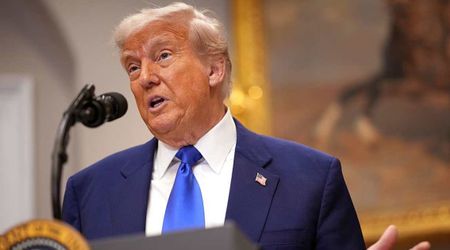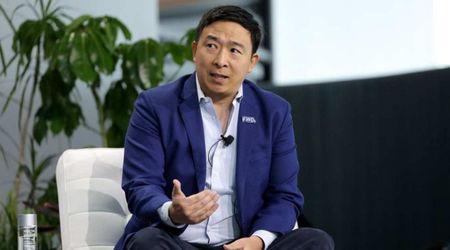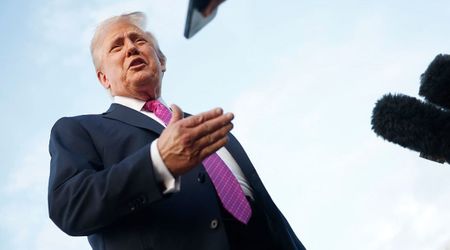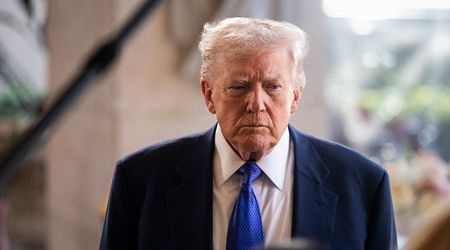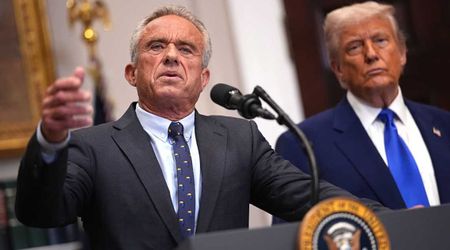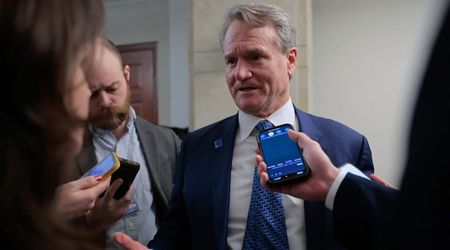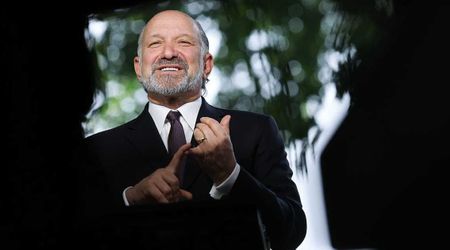Here’s Why Jeff Bezos Chose To Sell Books on Amazon

In the early days of Amazon, when the internet and e-commerce were still in their infancy, Jeff Bezos made a strategic decision that set the foundation for the retail giant's success. He chose books as the primary product to sell on the platform. In a "lost" interview from June 1997 that resurfaced in 2019, Bezos shed light on why books were the ideal starting point for Amazon's ambitious journey.

The sheer number of available items in the book category presented an "incredibly unusual benefit" that distinguished books from other products, according to Bezos. He highlighted the vast diversity within the book space, revealing that there were over 3 million different books worldwide active in print at any given time, with more than 1.5 million in English alone. This diversity provided a unique opportunity for Amazon to create an expansive online store that would be practically impossible to replicate in a physical setting.
At the time of Amazon's launch in 1994, Bezos recognized that the internet was still in its early stages, and online shopping had yet to become a widespread phenomenon. Choosing books allowed Amazon to leverage the extensive variety within the category and build a virtual store that set them apart from traditional brick-and-mortar retailers.

Bezos explained that the abundance of items in the book category allowed Amazon to establish an online presence that couldn't exist through traditional methods. This strategic move aligned with the understanding that during the web's early stages, if a task could be accomplished through more conventional means, it was advisable to stick with those methods. Bezos saw this as a temporary strategy, emphasizing that the web was still an "infant technology."
Despite starting with books, Bezos hinted at Amazon's potential for expansion, indicating that the company was "moving forward in so many different areas." He envisioned the early stage of electronic commerce as akin to the Kittyhawk stage, emphasizing that it was just the beginning for Amazon.
Interestingly, Bezos' strategic thinking during the infancy of the internet draws parallels with the current discourse surrounding artificial intelligence (AI). Tech leaders today, including Bezos himself often discuss AI's potential and the uncertainties surrounding its development.

Bezos, who is now involved in a $520 million AI-powered internet search startup, views the current era as the beginning of a "golden age of AI." He parallels the optimism surrounding AI with the sentiments expressed during the early days of the internet. Much like the internet, there is no predetermined roadmap for AI's development, and leaders express a combination of enthusiasm and caution.
Bezos acknowledges the potential dangers of AI but remains optimistic about its ability to benefit humanity. He sees AI as a tool that can contribute to the development of better medicines and technologies, emphasizing its potential to help rather than harm.
Jeff Bezos' strategic decision to start with books on Amazon was rooted in the unique benefits offered by the extensive variety within the book category. This choice allowed Amazon to establish a virtual store that capitalized on the internet's early days, setting the stage for the company's future expansion. Bezos' foresight in recognizing the potential of the web's infancy resonates with his current optimism about the golden age of AI and its potential to positively impact humanity.



